Welcome to the Munich Manual, your comprehensive guide to exploring this vibrant city. Discover its rich history, cultural landmarks, and practical tips for an unforgettable experience.
Explore Munich like a local with insider knowledge on traditions, transportation, and hidden gems. Whether you’re a visitor or resident, this manual will help you navigate and appreciate all that Munich has to offer.
Overview of the Munich Manual

The Munich Manual is a detailed guide designed to help visitors and residents navigate the city with ease. It covers essential aspects of Munich, including its rich history, cultural significance, and practical tips for daily life. From historical landmarks to modern amenities, the manual provides insights into what makes Munich a unique destination.
Whether you’re interested in exploring Bavarian traditions, finding the best dining spots, or planning day trips, the manual offers comprehensive information. It also includes tips on transportation, accommodation, and local etiquette, ensuring a seamless experience for everyone.
Importance of the Munich Manual for Visitors and Residents
The Munich Manual serves as an essential resource for both visitors and residents, offering insights into the city’s culture, history, and daily life. For visitors, it provides practical tips and highlights must-see attractions, ensuring a memorable and stress-free experience. Residents benefit from discovering hidden gems and local favorites, fostering a deeper appreciation for their surroundings. The manual bridges the gap between tourism and community, making it an indispensable guide for anyone looking to explore or settle in Munich.
By focusing on the unique aspects of the city, the manual helps users navigate Munich with confidence, enhancing their overall experience and connection to this vibrant destination.
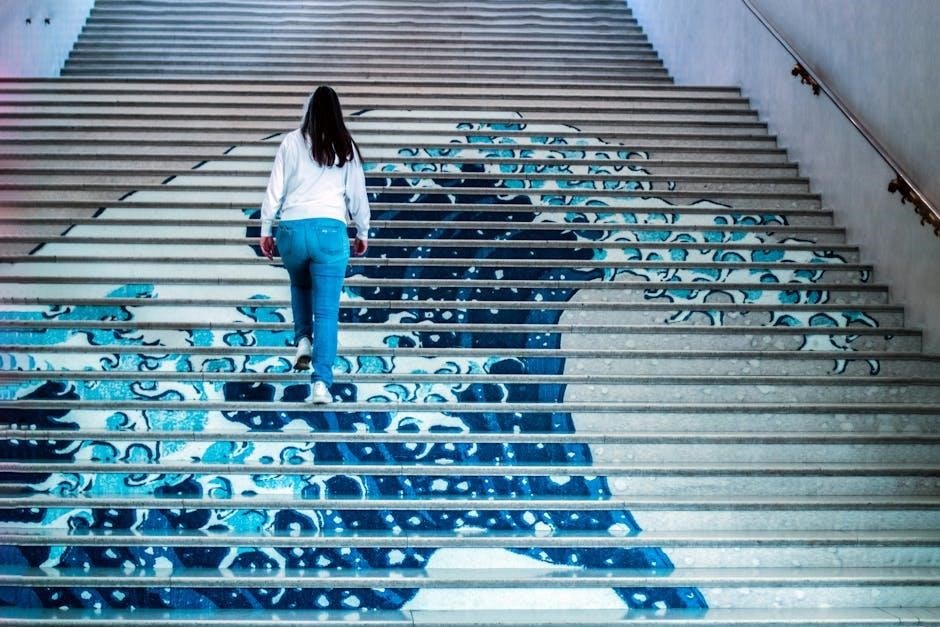
Historical Background of Munich
Munich, founded in 1158, evolved from a medieval market town to a cultural and political hub, shaped by monasteries, dukes, and strategic trade routes, forming its rich heritage.
Origin and Evolution of Munich as a Cultural Hub
Munich’s cultural journey began in the 12th century as a small market town. By the 16th century, the Wittelsbach dynasty transformed it into a center of art and architecture. The city flourished during the Renaissance and Baroque periods, with landmarks like the Residenz and Hofbräuhaus becoming symbols of its heritage. Over centuries, Munich embraced its role as a hub for arts, literature, and music, earning it the nickname “Isar Athens.” Today, it continues to be a vibrant city where tradition meets modernity, offering a rich cultural experience for residents and visitors alike.
Key Historical Events That Shaped Munich
Munich’s history is marked by pivotal events that have shaped its identity. Founded in 1158 by Henry the Lion, the city grew into a duchy under the Wittelsbachs. The 16th-century Beer Purity Law, still influential today, reflects its brewing tradition. The city suffered significantly during World War II, with much of its historic center destroyed. Post-war reconstruction restored many landmarks, blending old charm with modern architecture. These events have crafted Munich into a city where history and innovation coexist, offering a unique blend of cultural richness and contemporary vibrancy for residents and visitors to explore and appreciate.
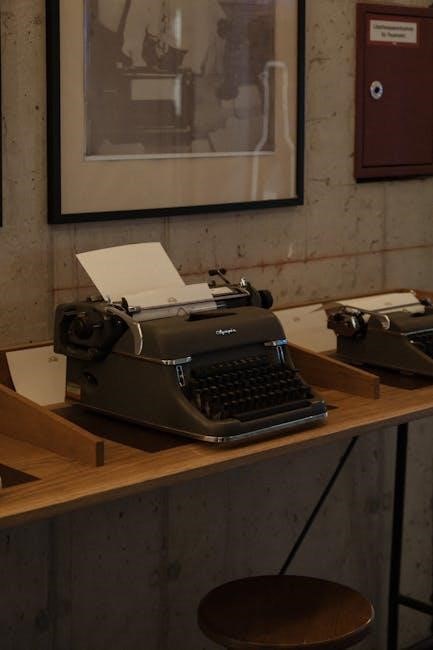
Cultural Significance of Munich
Munich stands as a vibrant cultural hub, blending rich Bavarian traditions, world-class arts, and historic architecture, making it a cornerstone of Germany’s cultural identity.
Bavarian Traditions and Festivals
Munich is the heart of Bavarian culture, famous for its vibrant festivals and rich traditions. Oktoberfest, the world-renowned beer festival, attracts millions annually with its lively atmosphere, traditional attire, and local cuisine. Bavarians take pride in their customs, such as wearing Dirndls and Lederhosen during celebrations. The city also hosts Maifest, a springtime event with ribbon-dancing and feasting, and Starkbierfest, a lesser-known but equally festive occasion. These traditions reflect the region’s deep-rooted heritage and love for communal gatherings, offering visitors a unique glimpse into authentic Bavarian life and hospitality.
Landmarks and Iconic Sites in Munich
Munich is rich in history and architecture, boasting iconic landmarks that captivate visitors. The Marienplatz, with its famous Glockenspiel, is a must-visit, offering a glimpse into the city’s heritage. Viktualienmarkt, a bustling outdoor market, showcases Bavarian cuisine and culture. The English Garden, one of the world’s largest urban parks, provides serene escapes with its lakes and beer gardens. Nymphenburg Palace, a stunning Baroque estate, reflects Munich’s royal past. These landmarks, blending tradition with modern charm, are essential stops for anyone exploring this vibrant city, offering unforgettable experiences and insights into its diverse character.
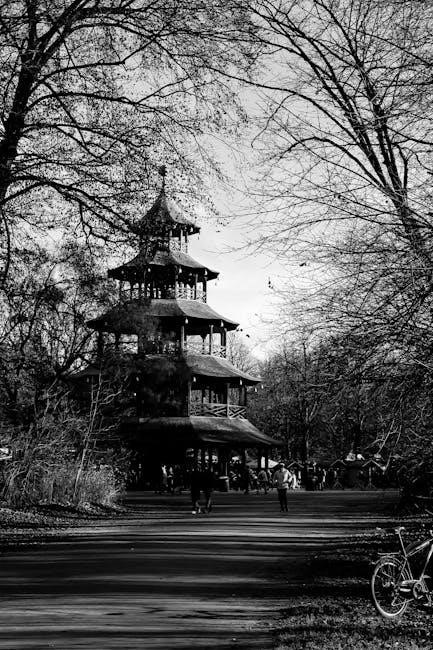
Practical Information for Visitors
Essential tips for navigating Munich, including transportation, accommodation, dining, and safety guidelines, ensuring a smooth and enjoyable experience for first-time and returning visitors alike.
Transportation Tips: Navigating Munich Efficiently
Munich’s public transport system is efficient and extensive, featuring U-Bahn (subway), S-Bahn (commuter trains), trams, and buses. Buy tickets in advance at stations or use the MVG app for convenience. Validate tickets before boarding. The city center is walkable, but public transport is ideal for longer distances. Consider a day pass for unlimited travel. Bikes are also a popular option, with rental stations available across the city.
Plan your route using the MVG journey planner or Google Maps. Peak hours can be busy, so allow extra time. Taxis are reliable but more expensive. For eco-friendly travel, explore Munich’s bike-sharing programs or electric scooter options.
Accommodation Options in Munich
Munich offers a wide range of accommodation options to suit all budgets and preferences; From luxury hotels in the city center to charming boutique hotels, there’s something for everyone. Budget-friendly choices include hostels, guesthouses, and serviced apartments, ideal for longer stays. Popular areas to stay include the historic Altstadt, vibrant Schwabing, and picturesque Haidhausen. Book in advance, especially during peak travel seasons like Oktoberfest. Use online platforms or contact hotels directly for the best rates. Ensure your accommodation is centrally located to easily access public transport and key attractions.
Consider proximity to landmarks and amenities when choosing your stay. Many hotels offer traditional Bavarian hospitality, enhancing your Munich experience.
Dining Experiences: Traditional Bavarian Cuisine
Munich offers a vibrant food scene, with traditional Bavarian cuisine being a highlight. Indulge in hearty dishes like Schnitzel, Sauerbraten, and Leberkäse, paired with sides like Sauerkraut and Kartoffeln. Don’t miss the iconic Weisswurst, typically enjoyed for breakfast with a sweet mustard and a soft pretzel. For a authentic experience, visit local beer gardens or traditional restaurants such as Hofbräuhaus or Augustiner-Keller. Savor the rich flavors and cozy atmosphere that define Bavarian dining. Be sure to pair your meal with a mug of local beer for the full Munich experience.
Safety Guidelines and Emergency Contacts
Munich is generally a safe city, but it’s wise to remain vigilant, especially in crowded areas like train stations and tourist hotspots. Be mindful of pickpocketing and keep valuables secure. In case of emergencies, dial 110 for the police or 112 for fire and ambulance services. Carry a list of emergency contacts, including your embassy and health insurance provider. Familiarize yourself with local laws and customs to avoid misunderstandings. Stay informed about weather alerts or demonstrations through local news. Munich’s reliable public services and low crime rate make it a secure destination, but precaution is always a good practice.

Day Trips from Munich
Explore Bavaria’s diverse attractions beyond the city. Visit fairytale castles, picturesque villages, or stunning Alpine landscapes. Starnberger See and Tegernsee are perfect for nature lovers. Use public transport, rent a car, or join a guided tour. These excursions provide a deeper understanding of Bavarian culture and scenic beauty.
Exploring Neuschwanstein Castle
Neuschwanstein Castle, often called the “Fairytale Castle,” is a must-visit on any Munich day trip. Built in the 19th century by King Ludwig II, it combines Romanesque and Gothic styles. Perched atop a hill, it offers breathtaking views of the Alps and Lake Alpsee. Explore its opulent interiors, adorned with frescoes inspired by Wagner’s operas. Guided tours reveal the king’s eccentric life and artistic vision. Nearby, the village of Hohenschwangau provides charming cafes and shops. Plan your visit by booking tickets in advance, as this iconic castle attracts millions annually.
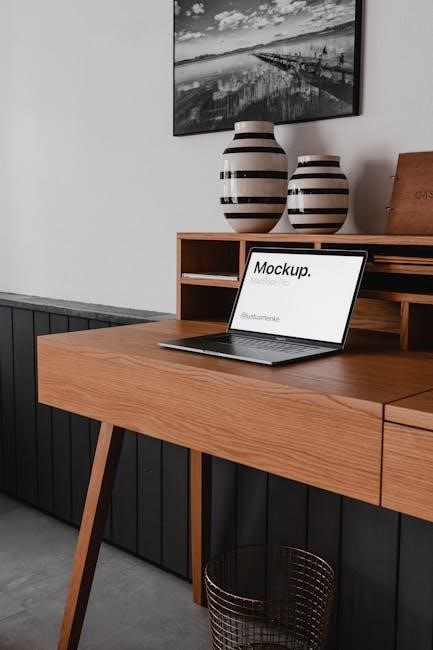
Visiting the Dachau Memorial Site
Located just outside Munich, the Dachau Memorial Site is a poignant reminder of history. Established in 1933, it was the first Nazi concentration camp, later transformed into a memorial to honor the victims. Visitors can explore the museum, which details the camp’s history, and walk through the former barracks, crematorium, and religious memorials. A guided tour provides deeper insights into the tragic events. The site serves as a place for reflection and education, emphasizing the importance of remembering the past. Public transportation makes it easily accessible from Munich, and admission is free, though donations are appreciated.
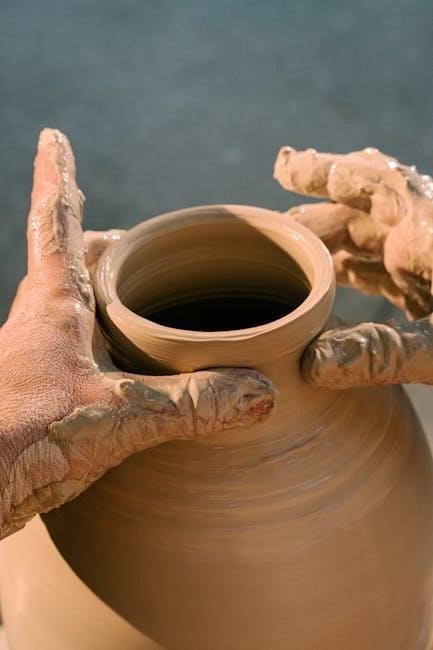
Bavarian Etiquette and Local Customs
Respect for tradition and formal greetings are integral to Bavarian culture. Proper table manners, such as not leaving the table until everyone is finished, are expected. Public transportation etiquette, like offering seats to the elderly, is also valued. Environmental consciousness, such as recycling, is deeply ingrained. These customs ensure a harmonious and respectful experience for both visitors and locals alike in Munich.
Understanding Bavarian Social Norms
Bavarian social norms emphasize punctuality, respect, and community. Greetings are formal, with handshakes and “Guten Tag” common. Elders are highly respected, and traditions are cherished. Removing hats indoors and using formal titles like “Herr” or “Frau” are expected. Public behavior is conservative, with noise levels kept low. Participating in local customs, like clinking beer glasses gently, is appreciated. These norms reflect a strong sense of culture and community, ensuring a harmonious experience for visitors and locals alike in Munich.
Respecting Local Traditions and Practices
Respecting Bavarian traditions is key to a positive experience. During Oktoberfest and other festivals, dress appropriately and engage politely. Remove hats indoors and avoid interrupting during toasts. Traditional attire, like dirndls and lederhosen, is cherished and often worn on special occasions. Be mindful of quiet hours in residential areas and respect Sunday rest, when many businesses close. In churches and historic sites, maintain modesty and silence. These customs reflect deep cultural pride and community values, ensuring a harmonious experience for visitors while honoring Munich’s rich heritage. Such respect fosters a welcoming environment for all.

Insider Tips for Making the Most of Munich
Explore hidden gems, enjoy seasonal highlights, and immerse yourself in local culture. Use public transport, visit markets, and try local beer gardens for an authentic experience.
Hidden Gems and Local Favorites
Munich is full of treasures beyond its main attractions. Explore the serene gardens of Nymphenburg Palace, a lesser-known but equally stunning oasis. Visit Müller’sche Volksbad, a historic indoor pool with Art Nouveau charm, for a relaxing soak. Discover the vibrant street art scene in the Werksviertel district, where creativity meets urban culture. For a local dining experience, head to Augustiner am Platzl, where you can enjoy authentic Bavarian dishes in a cozy atmosphere. Don’t miss the chance to ride the historic U-Bahn trains or stroll through the quieter parks like Luitpoldpark for a peaceful retreat. These hidden spots offer a taste of Munich’s authentic character.
Seasonal Events and Festivals
Munich comes alive with vibrant festivals and events throughout the year. Experience the world-famous Oktoberfest, where millions gather to celebrate Bavarian culture, beer, and music at the Theresienwiese. In summer, the Auer Dult fair offers colorful markets and traditional rides. Winter brings magical Christmas markets, such as the one at Marienplatz, filled with festive food and crafts. Spring is marked by the Frühlingsfest, a smaller but lively version of Oktoberfest. Don’t miss cultural highlights like the Munich Opera Festival and the Stadtgründungsfest, celebrating the city’s founding. These events showcase Munich’s rich traditions and lively spirit, making every season unforgettable.
Munich is a city that seamlessly blends rich history, vibrant culture, and modern convenience, offering something for everyone. This manual has provided insights into its historical roots, cultural significance, and practical tips for exploration. Whether you’re a first-time visitor or a long-time resident, Munich promises unforgettable experiences.
From iconic landmarks like Neuschwanstein Castle to the lively atmosphere of Oktoberfest, and from efficient transportation systems to traditional Bavarian cuisine, Munich captivates hearts. Use this guide to uncover hidden gems, respect local customs, and make the most of your time in this enchanting city. Let Munich’s charm leave you with lasting memories and a deep appreciation for its unique spirit.